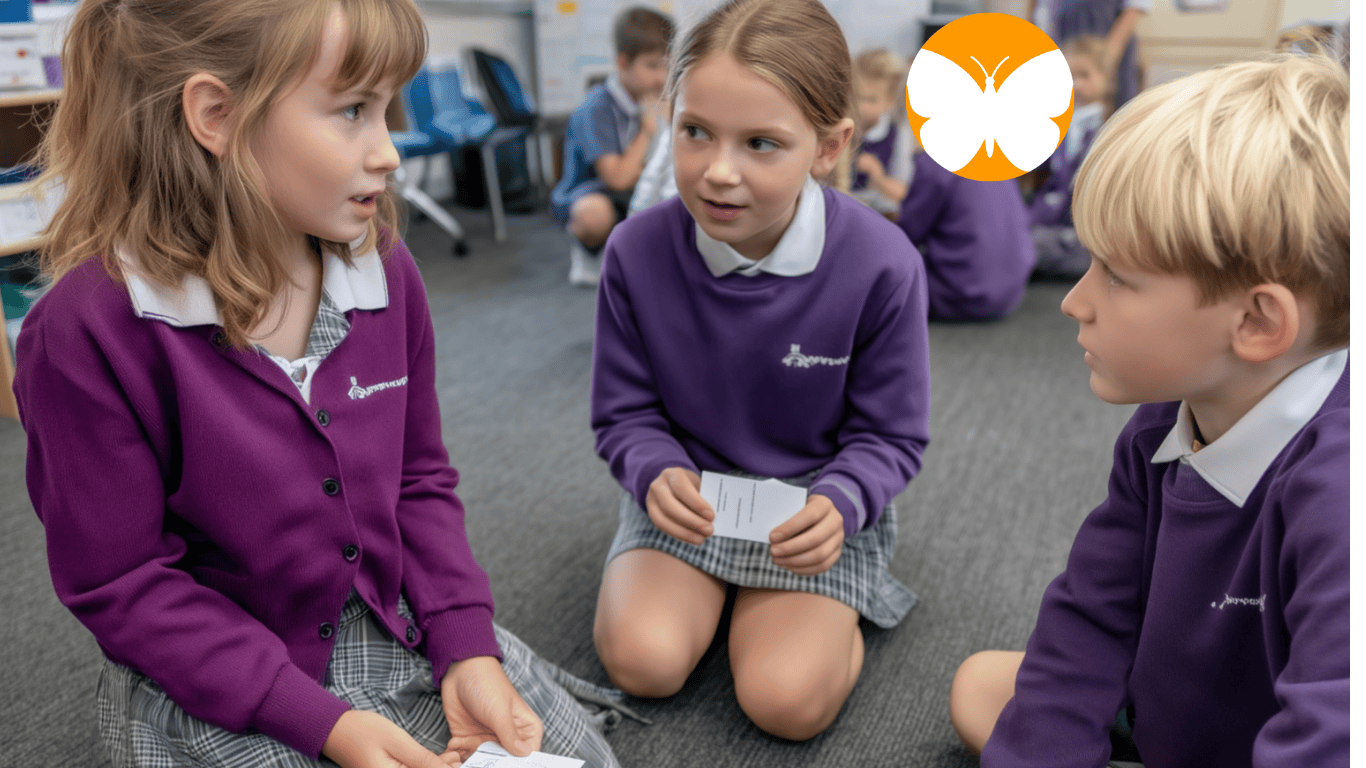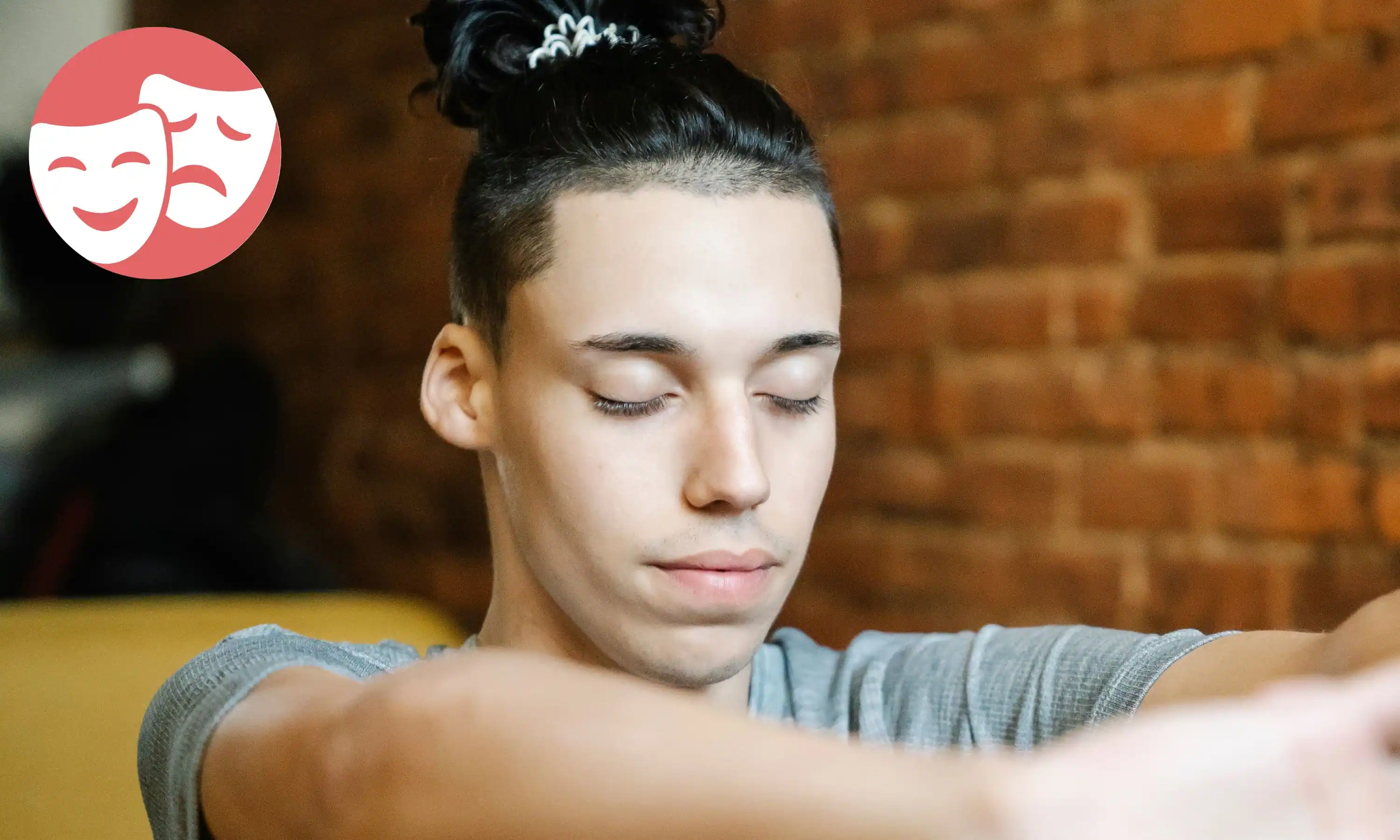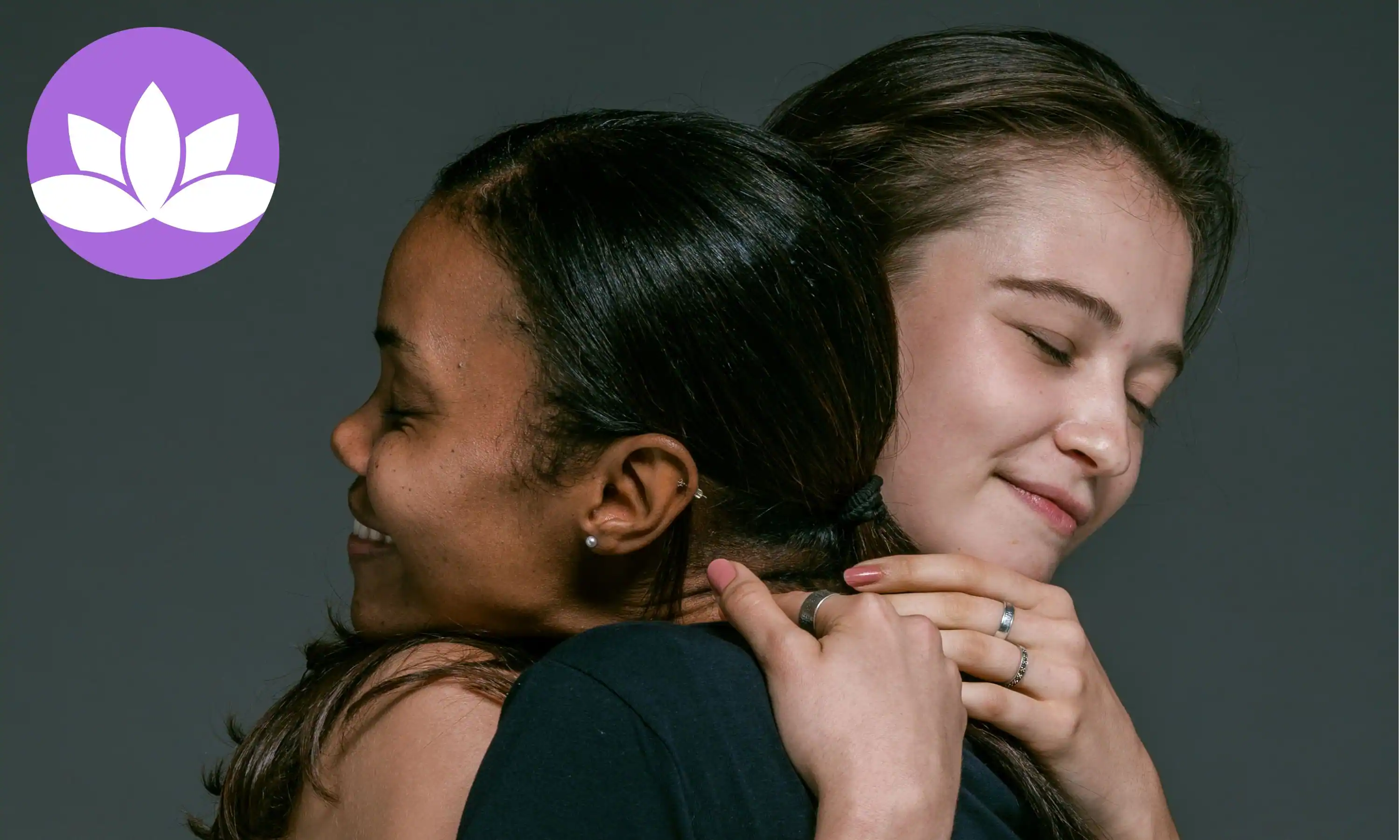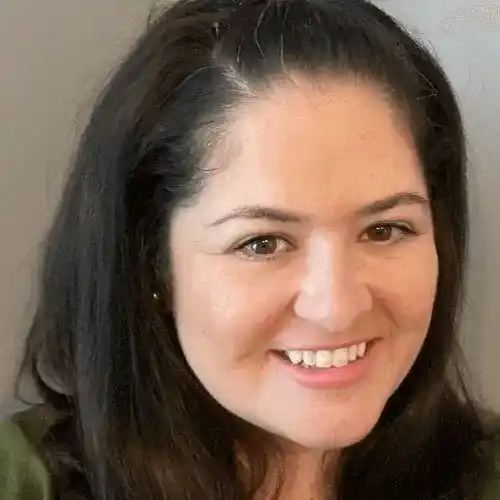Turn Sibling Fights Into
Lifelong Friendships
Give them tools to understand, forgive, and strengthen their sibling bond.
Resolving Rivalries
Designed with educators, backed by psychology, and
easy to integrate into your school’s
routine.

Plan Objectives
 Teaching Conflict Resolution
Teaching Conflict Resolution
Equip children with tools to handle disagreements in a constructive way.
 Building Empathy
Building Empathy
Help children understand their siblings' feelings and perspectives
 Developing Emotional Awareness
Developing Emotional Awareness
Teach children to recognize and manage their own emotions effectively.
 Encouraging Accountability
Encouraging Accountability
Support children in taking responsibility for their actions and choices.
Why This Plan?
This plan addresses the following challenges by developing targeted skills

My child can not compromise with friends or siblings

My child does not recognize other people’s feelings

My child is unaware of their own emotions

My child makes excuses for their behavior
My child can not compromise with friends or siblings
How This Plan Helps
Provides negotiation techniques to promote fairness and peaceful resolutions.
Skill: Conflict Resolution
Course: Conflict Resolution Foundations
My child does not recognize other people’s feelings
How This Plan Helps
Helps children develop emotional awareness and respect for others' perspectives.
Skill: Empathy
Course: Cultivating Empathy
My child is unaware of their own emotions
How This Plan Helps
Encourages self-awareness and impulse control to manage emotions effectively.
Skill: Self-Management
Course: Mastering Impulse Control
My child makes excuses for their behavior
How This Plan Helps
Teaches children to take responsibility for their actions and seek resolution.
Skill: Forgiveness
Course: Power of Forgiveness
01 Resolving Arguments Fairly
Teaches children techniques to negotiate and resolve sibling disputes peacefully.
02 Understanding a Sibling’s Feelings
Helps children develop empathy and consider their sibling’s perspective in disagreements.
03 Controlling Emotions During Conflict
Provides tools for children to manage frustration and communicate effectively.
04 Taking Responsibility for Actions
Encourages children to accept accountability, make amends, and rebuild trust.
Real-Life Applications
How this plan's skills apply to real-world scenarios for everyday success
Courses Included


Conflict Resolution Foundations
Social
Conflict Resolution
Course Details:
Modules: 4 |
Lessons: 31
Strategies: Develop approaches to handle conflict constructively through communication and empathy.
Emotions: Manage emotions in conflict using mindfulness and positive self-talk.


Cultivating Empathy
Social
Empathy
Course Details:
Modules: 4 |
Lessons: 32
Empathy Development: Develop empathy by understanding and responding to others' emotions and views.
Communication Skills: Enhance skills with active and empathetic listening techniques.


Mastering Impulse Control
Emotional
Self-Management
Course Details:
Modules: 4 |
Lessons: 31
Recognize Triggers: Identify and manage emotional or physical cues of impulsivity.
Mindfulness Practice: Use meditation and movement techniques to regulate responses.


Power of Forgiveness
Mindfulness
Forgiveness
Course Details:
Modules: 4 |
Lessons: 32
Forgiveness and Growth: Understand forgiveness's role in personal growth, well-being, and relationship enhancement.
Situational Forgiveness: Identify and apply constructive strategies in situations that require forgiveness.
Meet the Course Creators

Dr. Kymberli Barker
Conflict Resolution Foundations
Mastering Impulse Control
Dr. Kymberli Barker
Conflict Resolution Foundations
Mastering Impulse Control
Dr. Barker is the mother of two fantastic young men, and they are her priority in life. She holds degrees in biochemistry, math, forensics, and psychology. She is a consultant and a professor at multiple colleges, including the Citadel, and Johns Hopkins Center for Talented Youth. She spent fifteen years in public education, prior. Her personal focus is child advocacy and she developed the Guardian ad Litem/(GAL)/CASA program for the Eastern Band of Cherokee Indians. She is tribally and state sworn as a GAL. Her favorite thing is being a mom.

Ali Dareneau
Conflict Resolution Foundations
Ali Dareneau
Conflict Resolution Foundations
Ms. Dareneau is an English teacher with dual degrees in Psychology and English Education, she enjoys helping students reach their potential, especially when it comes to English Language Arts. With over 16 years of classroom experience and working with education-based companies, she brings creativity and enthusiasm to the classroom and beyond. She earned a Bachelor's degree in Psychology in 2007 and completed her Masters's degree in English Education in 2013 which have both shaped her into the passionate educator she is today. Her professional experience as an English teacher, curriculum designer, and writer demonstrates her passion for reading and writing and solidifies her belief all students can strengthen their reading and writing skills no matter what level they begin their journey.

Mandy Mahr
Cultivating Empathy
Mandy Mahr
Cultivating Empathy
Mandy Mahr is a Masters Level educator who served in public schools in the United States for 15 years before becoming an online tutor to schools with at-risk students, providing social emotional support as well as skill recovery in reading and writing. She is also a consultant for content creation to provide guidance to organizations wanting to engage and employ GenZ. With the technological advances the world has seen in just the last twenty years, it is her goal to train learners to be ready for jobs that don't exist yet. She is passionate about helping learners develop social emotional skills before reaching the workforce.

Kerry Wadsley
Power of Forgiveness
Kerry Wadsley
Power of Forgiveness
Following a degree in Elementary Education at Penn State (USA), I taught at The Elms School, UK for over 10 years, teaching students from 0-11 years. I taught in Key Stage 2 as well as being the Special Educational Needs Coordinator at the school. In 2016, I gained a Master’s in Education from the University of Nottingham (UK). My passion lies in helping students to achieve their potential and eliminating any barriers to learning
Sample Lesson Preview 
Conflict Resolution Foundations
Causes of Conflict
Emotional Hot Buttons
It can be challenging dealing with emotional hot buttons, but there are several ways to manage them effectively.
First, identify your hot buttons by being aware of situations that make you upset or angry.
Second, calm your emotions with deep breathing or counting to ten when you feel highly emotional.
Third, talk about your feelings with a trusted friend, teacher, or parent; sharing your emotions can help you feel understood and less alone. Try to always speak from your own perspective. Do this by using “I” statements, like “I feel upset when…” to express how you feel.
Fourth, stay active through sports or hobbies to release built-up stress.
Fifth, keep a journal to write about your feelings, which can help you understand and manage them better.
These strategies can help you handle emotional hot buttons in a healthy way and improve your overall well-being.
Sample Lesson Preview 
Cultivating Empathy
Learning Sympathy
Learning to Show Sympathy
James is a kind kid, but sometimes he doesn't show sympathy, probably because he doesn't know what it means yet! In this section James will interact with his brother, Miles, his parents, and his friend Corrie to learn what it means to be sympathetic towards others.
Learning to show sympathy in your relationships can help build trust and strengthen your connection.
If you are like James and you aren’t sure what sympathy is, this scene will help you!
Sample Lesson Preview

Mastering Impulse Control
What are Impulses?
What are Impulses?
It is common to feel impulses when in a class or doing school work. Our mind may want to think about friends or last night's football game. Our body may want to move and do something else. Everyone experiences these kinds of impulses.
Please find the notebook you decided would be your impulse journal. Please take a few moments to think back to the last time you had to work on your academics. Did your mind wander? Did your body want to move? Please write a paragraph about these experiences in your Impulse Control Journal. Then please write about what you did when you experienced these impulses? Did you continue with your school work? Did you do something else?
Sample Lesson Preview 
Power of Forgiveness
Making the choice to forgive
Choosing Forgiveness
Choosing to forgive someone is difficult. Often, we think about forgiveness after we feel justice - when the person who wronged us has ‘paid their dues’. But this is not the best way to choose forgiveness.
We can choose forgiveness without even speaking to someone about the issue. It is a choice we make, for ourselves. To choose forgiveness, try these simple tips.
-
Take deep breaths to feel calmer. Then, practice gratitude. By practicing gratitude, you see things in a more positive light.
-
Show empathy. Think about the other person. What is happening in their life? Did something else cause them to act in this way or wrong you?
-
Focus on the good qualities this person has. What positive experiences have you had with them in the past?
-
Consider how NOT forgiving them is affecting you. Is it causing you stress? Worry? Irritation? Could choosing to forgive them HELP you?
